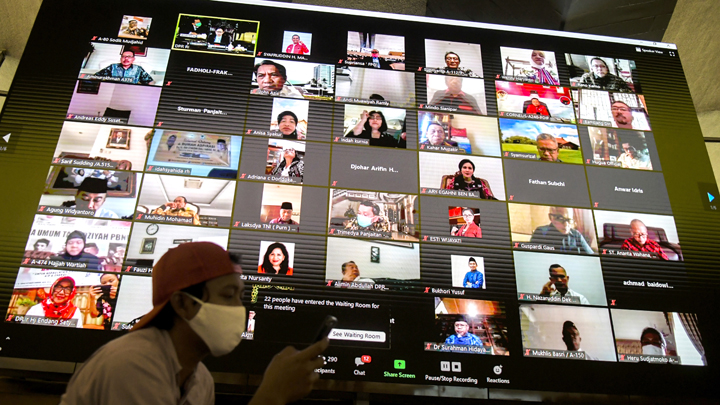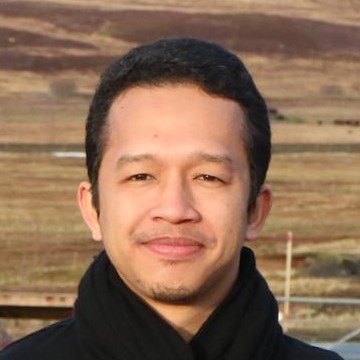Omnibus Bill’s fast track
Tuesday, June 2, 2020
arsip tempo : 174616020112.

DESPITE the House of Representatives (DPR) being in recess until June 14, Deputy Chair of the DPR Legislation Body Rieke Diah Pitaloka has been seen going to work in Senayan, Jakarta. The politician from the Indonesian Democratic Party of Struggle (PDI-P) has a perfect attendance in the deliberations on the Omnibus Bill on job creation. “I was assigned by the PDI-P General Chair (Megawati Soekarnoputri) to keep careful and detailed wat
...
Subscribe to continue reading.
We craft news with stories.
 For the benefits of subscribing to Digital Tempo, See More
For the benefits of subscribing to Digital Tempo, See More








